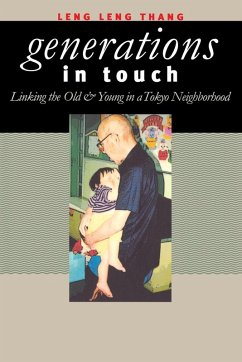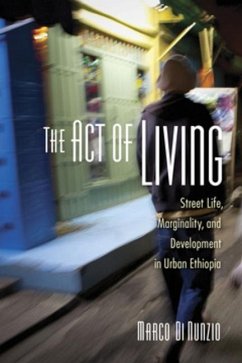St. Petersburg, Florida, has become virtually synonymous with retirement and old age. The city of green benches once courted its elderly population; now, however, it seeks to rejuvenate its image, to attract the young through urban revitalization. In this humane and sensitive book, Maria Vesperi, an anthropologist and journalist, looks at the realities of being old and poor in the rapidly changing downtown of St. Petersburg. Vesperi provides a complete and carefully observed picture of the elderly: the conditions of their_ lives, representative social programs created to provide for them, and their interaction with the city around them. The life of the old in St. Petersburg, she notes, is characterized by a profound contradiction between how the elderly see themselves and how they are viewed by the community-a contradiction that speaks of the way cultural stereotypes about aging are transmitted to all older Americans. As a culture, Vesperi maintains, we view the old as an isolated segment of humanity without a living future or even an ongoing present. She seeks to understand the ways in which the old respond to the distorted image that they meet with every day, not only in their relations with individuals but in their dealings with the institutions set up specifically to care for them. Her study of St. Petersburg explores questions that are significant throughout the United States: How did our rigid cultural assumptions about old age develop, and how can we change them? Why do so many gerontologists, public officials, and social workers tacitly subscribe to that misconception? How does it inform the development and operation of public programs for the elderly? Enlivened by the voices of the old people of St. Petersburg and enriched with photographs by Ricardo Ferro, this moving book is important reading for anyone concerned with the life of the elderly in America.
Dieser Download kann aus rechtlichen Gründen nur mit Rechnungsadresse in A, D ausgeliefert werden.









